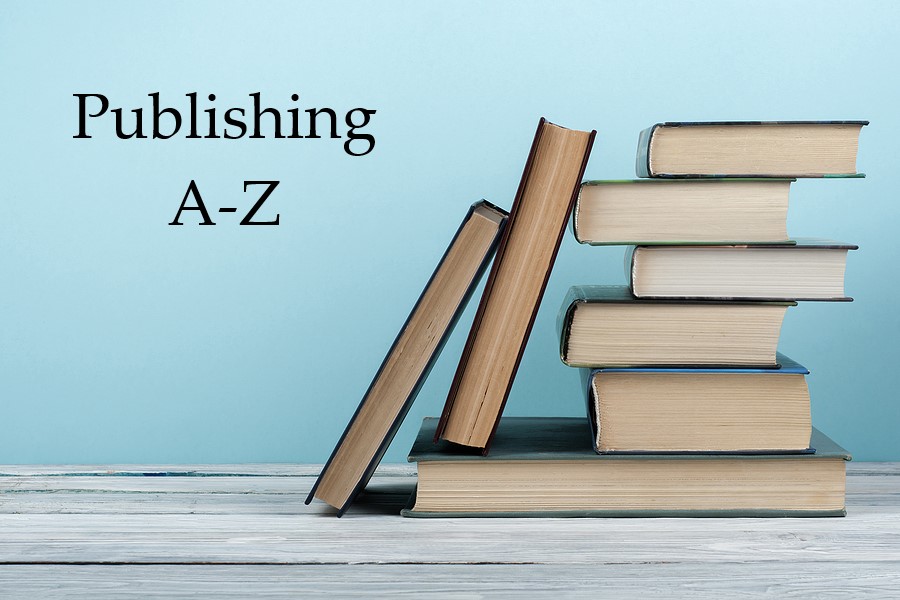To state the obvious, the publishing industry has changed rather dramatically over the last few years. The possibility for a writer to inexpensively produce their own books (in e-book form) shifted the sands. In addition, the economic challenges facing the brick-and-mortar bookstore reduced the amount of shelf space available to launch a new book via traditional methods. It appears to be an either-or choice: go indie or go traditional. But there is a third way, the way of the “hybrid author.”
The hybrid author chooses to follow both the traditional and the indie routes. Thus the “hybrid” label. They are neither one nor the other; they are both. And just like the hybrid car that is a mix of both gas and electric, the circumstances dictate which form of transportation their words use to reach the public.
Our agency has several hybrid authors. These authors continue to have flourishing relationships with their traditional publishers and are receiving new contracts. But at the same time, they have certain books they publish on their own. They are entrepreneurial and work tirelessly self-promoting their indie books but also work tirelessly to promote their traditional ones. Some have low-to-modest indie sales, but others are quite pleased with the revenue their indie books produce. The range of sales is rather dramatic, everything from an author who has sold less than 60 of their indie e-books to another who is in the five figures in indie e-books sold. However, each of these hybrid authors continues to maintain a presence in the traditional market as well.
One frequent question is, “Why consider going the indie route? Other than the lure of money and control?” The problem with a definitive answer is the danger of using my words as a set of “rules” that work equally for every author. This is a much more nuanced question that eschews a formula. In my opinion, each author’s situation, skill set, entrepreneurial spirit, finances, life circumstances, platform, past success, genre in which they write, and more all go into formulating the right strategy for that person.
And this is where we, as the literary agent, come in. We ask the hard questions and help form the right strategy for moving forward. The myth is that an agent is afraid of losing revenue and, therefore, intentionally steers the author away from going indie and pushes them to the traditional route. I even had one person at a conference accuse me of being “part of the establishment” and said he couldn’t trust my advice because it would be colored by self-preservation. Let me put that attitude to rest with something I have stated publicly: “God will provide for us financially. We have no agenda influencing our advice about indie decisions. Our mission is to help change the world word by word. And if we somehow earn a living while doing that, mission accomplished.”
We want the indie decision to be the right one at the right time. I will say, “Just because you can, doesn’t mean you should” to the client who is chomping at the bit to publish their work in e-book form on their own. Let me explain only one small aspect of that statement.
A major traditional publisher is looking for an author with a large platform that they can leverage to help sell that writer’s books into the trade. An author’s past sales history can prove the size of that platform. Thus, every proposal must reveal past sales numbers. Let’s say your last traditionally published book sold 12,000 copies (paper and e-book combined), and you want to go indie on your next one. But your new indie title sells 3,000 copies. You now have sales numbers that are less attractive to a major publisher. And that is one of the risks. We, as the author’s agent and advisor, help the writer know the landscape so they can make an informed decision, one that is based on an understanding of the total market.
Other issues to consider are the noncompete clauses in the traditional contract, the danger of releasing your indie title too close to the traditional book launch, piracy protection, effective metadata creation for SEO or discoverability, marketing, promotion, etc.
But as the traditional market squeezes ever tighter in the number of titles they produce, the indie route becomes that much more attractive.
It is a great time in our industry. Opportunities abound.
Meanwhile, there is a raging debate among many authors about whether to pursue publication the traditional way (where a major publisher pays you upfront) or indie (where the author absorbs all costs). One or the other, not both. I want to state unequivocally that I am not against the indie route, as long as the writer does it correctly to maximize their sales and render a quality product. I would also like to state that neither route is superior to the other per se; they are different ways to achieve the same means of getting your story out there. Millions of words have been spilled defending one methodology versus the other, and many of those words have been hyperbolic and characterized by ad hominem attacks. (Being confronted by an aggressive writer at a conference with a finger in my face isn’t fun.) It has been sad to see a wonderful opportunity turned into a divisive and rancorous contest. But I digress.
(Originally published in August 2013. Revised and updated for today.)


